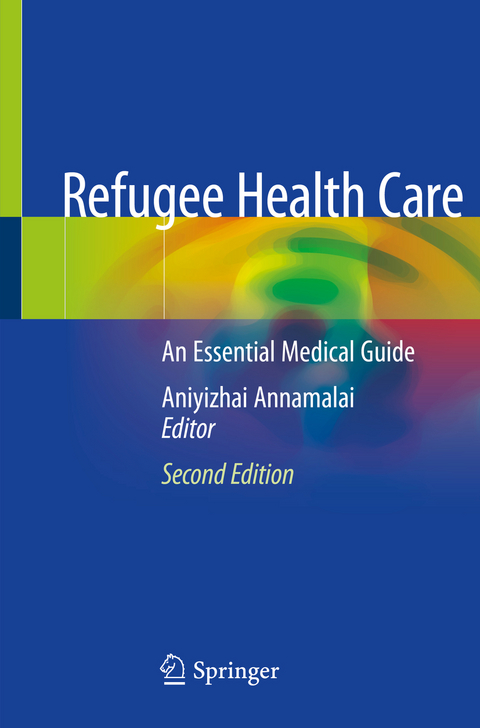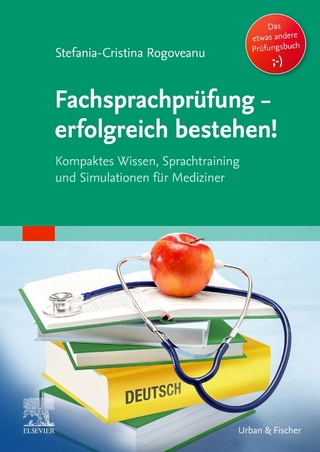
Refugee Health Care
Springer International Publishing (Verlag)
978-3-030-47667-0 (ISBN)
Refugee health is growing as an academic medical discipline. More and more health care providers are coming together to exchange research information, educational curricula and social policies related to refugee health. The number of practitioners attending the annual North American Refugee Healthcare Conference has doubled since 2014.
Refugees arrive in the United States from different parts of the world. Refugees undergo a medical screening soon after arrival, as recommended by the U.S. Department of State, and it is usually primary care practitioners who usually evaluate these patients at this first visit. Psychiatrists and other specialists may also evaluate them soon after arrival.Though physicians receive a variable amount of training in cross-cultural medicine, virtually none is in the area of refugee evaluations.
There are several major ways that the field has changed. U.S. refugee policies and refugee admission numbers have changed dramatically in the past four years as has the epidemiology of medical conditions because the demographics of refugees have changed. The CDC guidelines for domestic screening have also been modified significantly as some of the screening tests are no longer recommended. Protocols have also been updated for presumptive treatment received by refugees before departure to the United States of other countries. A new chapter on end of life care for refugees has been added to the book.
Now fully revised and expanded, this second edition reflects the many changes that have occurred in the field of refugee health since 2014. Refugee Health Care remains the definitive resource for primary care physicians and mental health practitioners who see and evaluate refugees. It is also relevant for medical, nursing and public health students involved with refugee health as well as resettlement agency workers and public health officials overseeing refugee care
Aniyizhai Annamalai M.D. is Associate Professor at Yale University School of Medicine. She is the director of the Yale Refugee Clinic, and supervises both Internal Medicine and Psychiatry residents at the clinic. She practices both Internal Medicine and Psychiatry and is interested in the delivery of integrated care. Her interest in global health is centered on refugee populations with a specific focus on disease manifestations across different cultures. She has presented workshops at national and international conferences on issues related to refugees. She is frequently an invited speaker at the annual North American Refugee Healthcare Conference. She is a board member of the Society of Refugee Healthcare Providers. She mentors several medical students and residents at Yale on refugee health projects.
Chapter 01 Introduction to Refugees.- Chapter 2: Culturally Appropriate Care.- Chapter 3 Domestic Health Assessment.- Chapter 4 Immunizations.- Chapter 5 Tuberculosis.- Chapter 6 Parasitic Infections.- Chapter 7 Viral Hepatitis.- Chapter 8 Malaria.- Chapter 9 HIV and Other Sexually Transmitted Infections.- Chapter 10 Chronic Disease Management.- Chapter 11 Chronic Pain.- Chapter 12 Palliative and End-of-Life Care.- Chapter 13 Risk Factors and Prevalence of Mental Illness.- Chapter 14 Mental Health SCREENING.- Chapter 15 Treatment of Mental Illness.- Chapter 16 Torture and Violence.- Chapter 17 Women's Health.- Chapter 18 Pediatric Primary Care.- Chapter 19 Medical Evaluation of Asylum Seekers.
| Erscheinungsdatum | 04.10.2020 |
|---|---|
| Zusatzinfo | XV, 317 p. |
| Verlagsort | Cham |
| Sprache | englisch |
| Maße | 155 x 235 mm |
| Gewicht | 632 g |
| Themenwelt | Medizin / Pharmazie ► Medizinische Fachgebiete |
| Schlagworte | Asylum • infectious disease • Infectious Diseases • Refugee • refugee health • Trauma |
| ISBN-10 | 3-030-47667-7 / 3030476677 |
| ISBN-13 | 978-3-030-47667-0 / 9783030476670 |
| Zustand | Neuware |
| Informationen gemäß Produktsicherheitsverordnung (GPSR) | |
| Haben Sie eine Frage zum Produkt? |
aus dem Bereich


